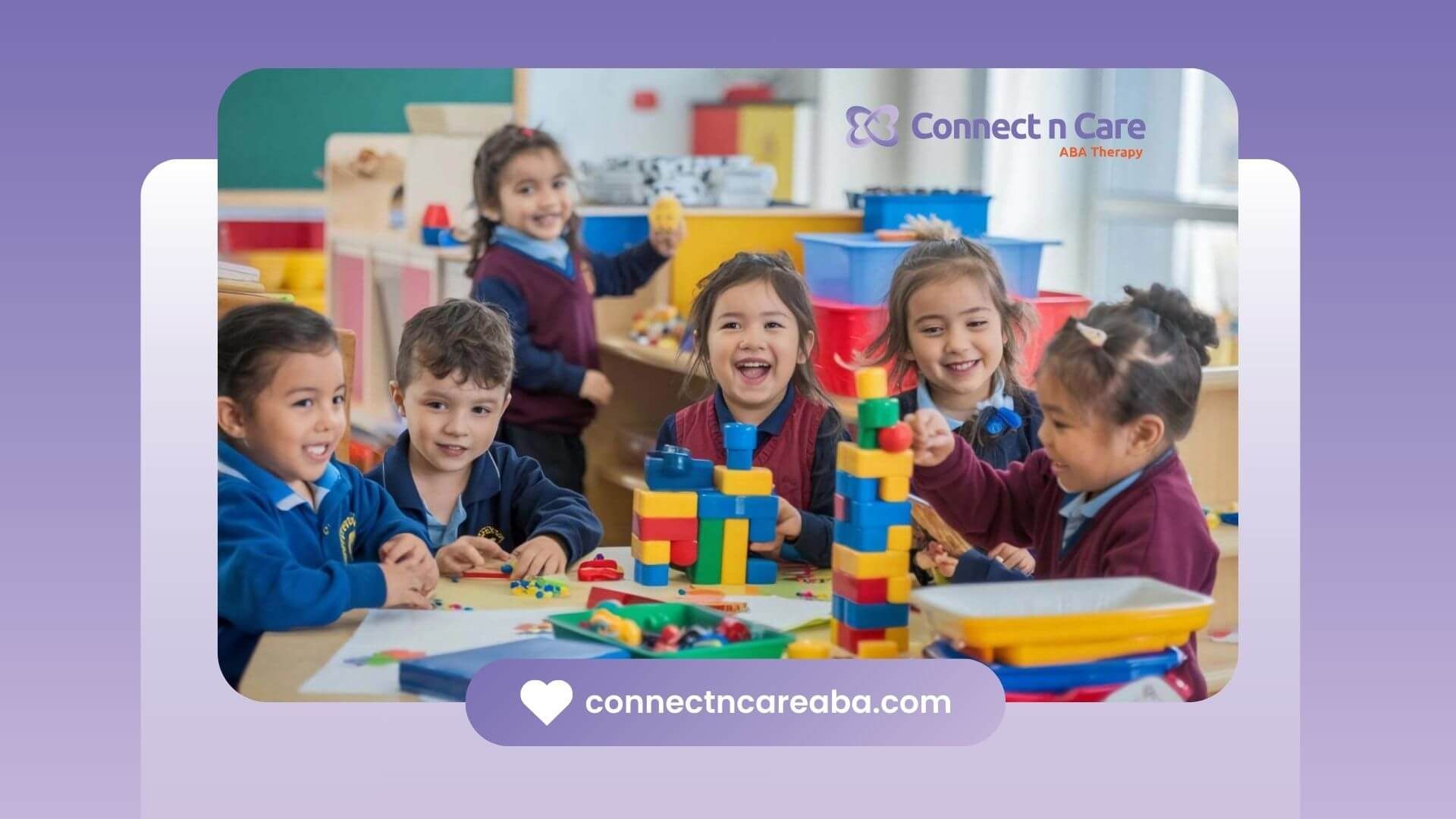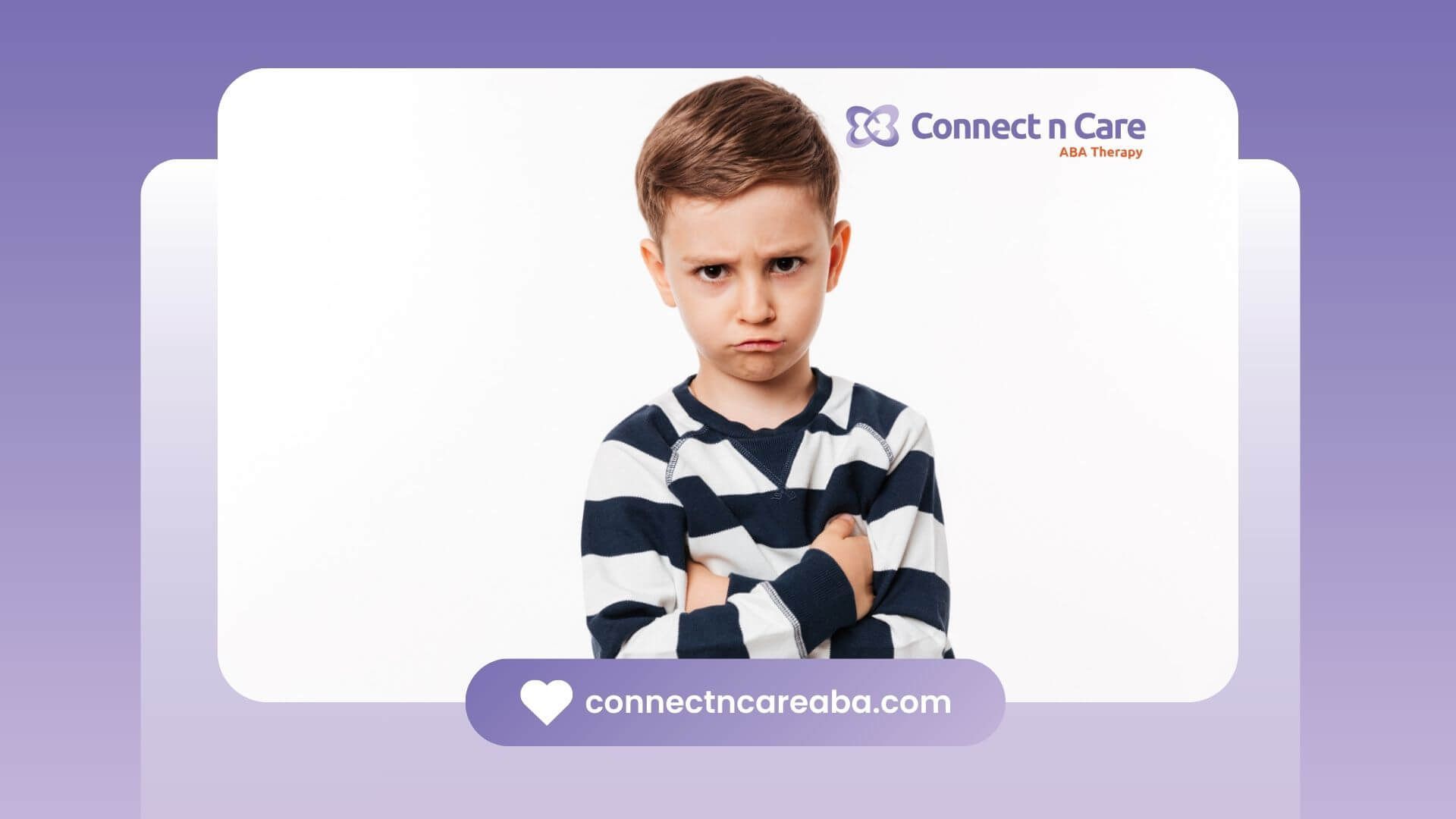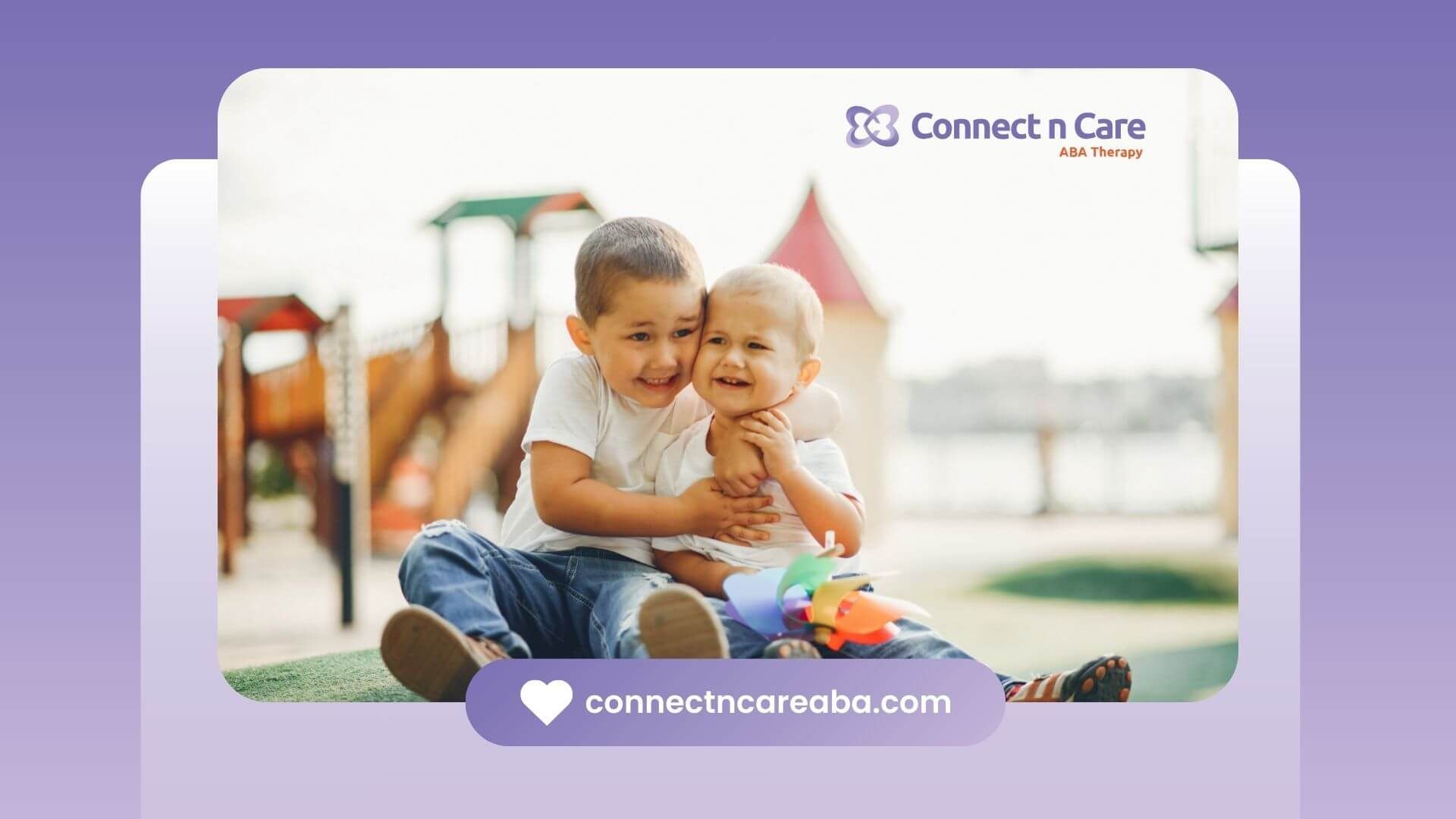The term "Autistic Bingo" is getting attention in the autism community for two interesting reasons. On one side, it's a reflective activity that helps people connect with various autism-related traits. On the flip side, it's an educational game designed to support learning and development for individuals on the autism spectrum. Here at Connect n Care, we see the importance of both these applications. This article dives into how each form of Autistic Bingo can be a useful tool in various situations.
Autistic Bingo for Self-Reflection
The first type of Autistic Bingo is a self-discovery tool often shared on social media and support groups. It consists of a bingo card filled with traits and experiences commonly associated with autism. Individuals can mark off the squares that resonate with their experiences. The aim is not to diagnose, only a qualified professional can do that, but to offer a starting point for self-reflection or to initiate a conversation with a healthcare provider.
How It Works
- Traits and Experiences: The bingo card may include items like "sensory sensitivities," "deep focus on interests," or "social communication challenges."
- Self-Identification: As individuals check off items, they may find a pattern that echoes their personal experiences, which can be affirming or enlightening.
- Starting Discussions: For those questioning whether they might be on the spectrum, this can be a gentle way to approach the subject with loved ones or professionals.
Disclaimer:
It's crucial to note that Autistic Bingo, in this context, is not a diagnostic tool. It should not replace professional assessment and diagnosis.
Autistic Bingo as an Educational Game
The second type of
Autistic Bingo is the educational game that can be a part of learning and therapy for autistic individuals. This game adapts the classic bingo format to teach various skills, from language and social interaction to cognitive development.
Educational Adaptations
- Customized Content: The bingo cards are tailored with words, images, or themes that align with educational goals.
- Therapeutic Integration: In ABA therapy, for instance, the game can be used to reinforce behaviors or concepts being taught.
- Skill Building: The game's structure helps players work on language, social, and cognitive skills in a fun and engaging way.
Combining Both Forms in ABA Therapy
In an ABA therapy setting, understanding and embracing the full spectrum of autistic experiences is vital. Therapists can use the self-reflective Autistic Bingo to better understand their clients' perspectives and to build rapport. Meanwhile, the educational Autistic Bingo game can be a direct method for skill development.
Implementing the Tools
- Empathy and Understanding: Using the self-reflective Autistic Bingo can foster empathy and provide insights into the individualized experiences of autism.
- Targeted Learning: The educational game can be customized to target specific therapeutic goals in a playful manner.
Conclusion
Autistic Bingo, in both its forms, offers unique benefits. As a self-reflective exercise, it can be a powerful tool for personal insight and initiating dialogue about the spectrum of autistic experiences. As an educational game, it transforms learning into an enjoyable activity, promoting a wide range of developmental skills. At Connect n Care ABA, we embrace the versatility of Autistic Bingo and incorporate it into our comprehensive approach to support and celebrate the autistic community.
At Connect N Care ABA, we believe learning should be empowering and engaging. By incorporating tools like Autistic Bingo, we help children, families, and educators through ABA therapy in North Carolina and Virginia build communication, social, and developmental skills while celebrating neurodiversity.
Discover how our evidence-based therapy can support your child’s growth and create meaningful connections.
Contact us today!
Frequently Asked Questions
What is autistic bingo?
Autistic bingo is a fun and informal activity often used in social settings or educational environments to help raise awareness about autism spectrum disorder (ASD). It involves a bingo card with different behaviors, traits, or experiences associated with autism, and participants mark off the squares as they identify with them. It’s often used as a lighthearted way to promote understanding and acceptance of neurodiversity.
How does autistic bingo help in promoting autism awareness?
Autistic bingo helps raise awareness about the diverse traits and behaviors associated with autism in an engaging way. By using bingo cards that include traits commonly seen in individuals with ASD, the activity encourages conversations and empathy. It also highlights the fact that autism is a spectrum, with a wide variety of characteristics, fostering better understanding among participants.
Is autistic bingo appropriate for all age groups?
Autistic bingo can be adapted for different age groups. For younger children, the game may focus on sensory experiences or communication styles, while for adults, it can address a wider range of behaviors and experiences related to autism. The game can be a fun and informative way to engage people of all ages in discussions about autism and neurodiversity. However, it is important to approach the game with sensitivity and ensure it’s played in a respectful manner.









